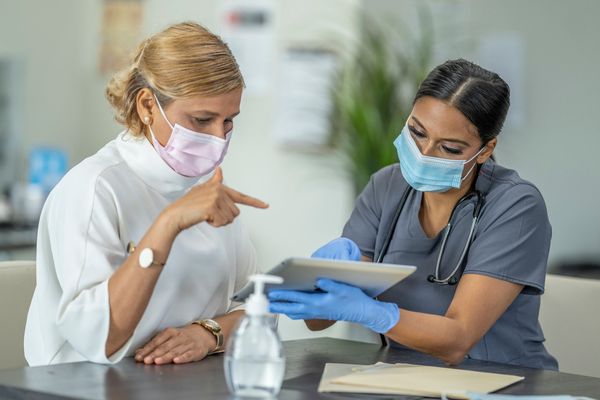Recently the New York Times reported on how antibiotics are becoming less effective at treating urinary tract infections (UTIs), which it calls "the single biggest risk to healthy people from drug-resistant germs." It's disconcerting to know that the frontline defense against UTIs is crumbling. When they don't respond to treatment, UTIs can turn into serious conditions, like kidney infections.
The piece made me think it's a good time to revisit the topic of avoiding UTIs altogether. Because of the way we're built, with a short urethra in a warm, moist location close to our other orifices, our bodies lend themselves to bacterial growth. We are 50 times more likely to get UTIs than men until menopause and twice as likely after (due to changes that happen in men as they age).
In addition, the loss of hormones that happens during menopause makes our genitourinary tissue more delicate and, thus, susceptible to infections. Because it helps bacteria migrate from one spot to another, even having sex can cause a UTI.
To reduce the chances of developing a UTI:
- Drink plenty of fluids—enough so that your urine is the color of straw.
- Urinate after sex. This will help flush bacteria out of your urethra.
- Talk to your health care professional about a vaginal estrogen cream.
- Practice good hygiene by wiping front to back and keeping your private parts extra clean.
When it comes to UTIs (and just about everything else), an ounce of prevention is worth a pound of cure!
Barb DePree, MD, has been a gynecologist for 30 years, specializing in menopause care for the past 10. Dr. DePree was named the Certified Menopause Practitioner of the Year in 2013 by the North American Menopause Society. The award particularly recognized the outreach, communication and education she does through MiddlesexMD, a website she founded and where this blog first appeared. She also is director of the Women's Midlife Services at Holland Hospital, Holland, Michigan.







